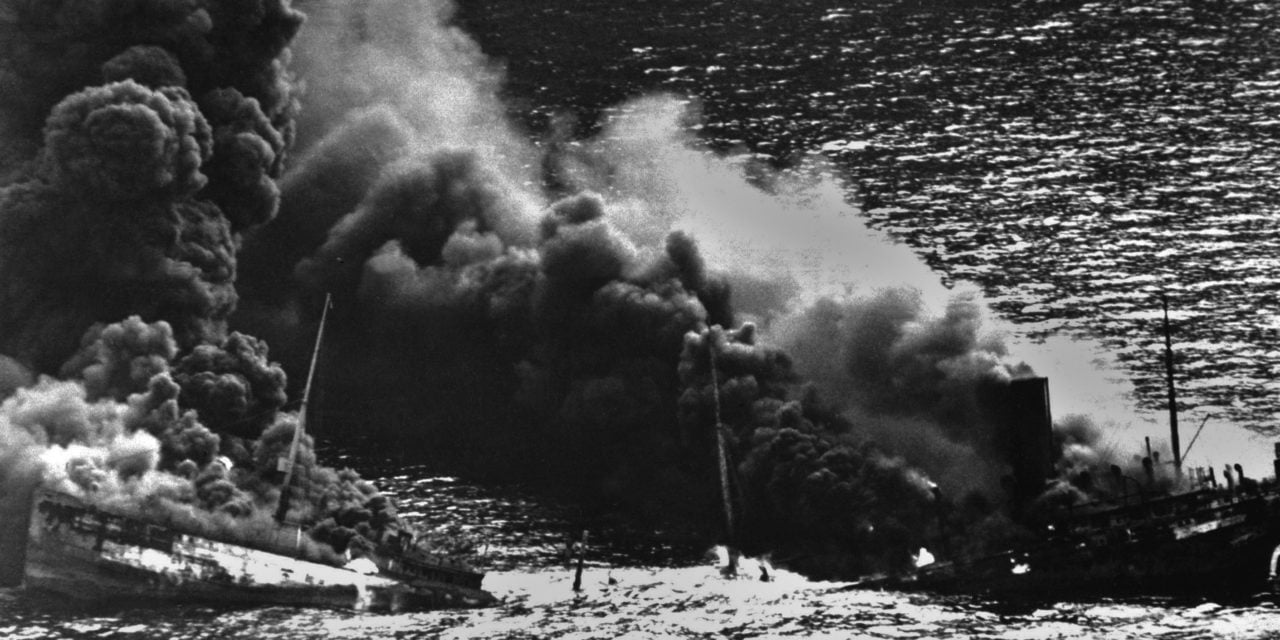MERCHANT Navy Day and the anniversary of the first sinking of a British merchant vessel during World War II have been recognised by industry and labour groups.
The SS Athenia was torpedoed by a German U-boat off the east coast of Canada on 3 September, 1939.
Maritime Industry Australia chief executive Teresa Lloyd extended her gratitude to all those who served and lost their lives with the Australian Merchant Navy.
“MIAL would also like to recognise all seafarers on this day and acknowledge the vital economic contribution and security that the merchant fleet brings to this nation,” Ms Lloyd said.
Ms Lloyd said MIAL supported the Merchant Navy War Memorial Fund National appeal and encouraged donations to that cause.
CFMMEU Maritime Union division national secretary Paddy Crumlin said one in eight Australian merchant seafarers sacrificed their lives during World War II in an effort to maintain supplies of goods and materials vital for the war effort.
“More than 800 Australian merchant mariners sacrificed their lives for the Allied cause during the First and Second World Wars,” Mr Crumlin said.
“Merchant Navy Day, which this year falls on the 80th anniversary of Australia entering World War II, is an opportunity to honour their lives and remember their fellow seafarers who bravely carried out their duties despite knowing the extreme dangers they faced.”
He noted the recent discovery of the wreck of the SS Iron Crown which was torpedoed off the coast of Victoria by a Japanese submarine, claiming the lives of 38 of its 43 crew.
Mr Crumlin said it was essential to not only remember the past, but also to look to the future by revitalising Australia’s shipping industry.
“Without seafarers, Australia’s economy would grind to a halt,” Mr Crumlin said.
“These are the people who transport Australia’s exports, supply the country with fuel and commodities, and ensure the overwhelming majority of everyday products are available to the community,” he said.
“In recent decades, the number of Australian-crewed vessels has been slashed, not only costing thousands of jobs, but leaving the country vulnerable to global conflicts or economic shocks.”

